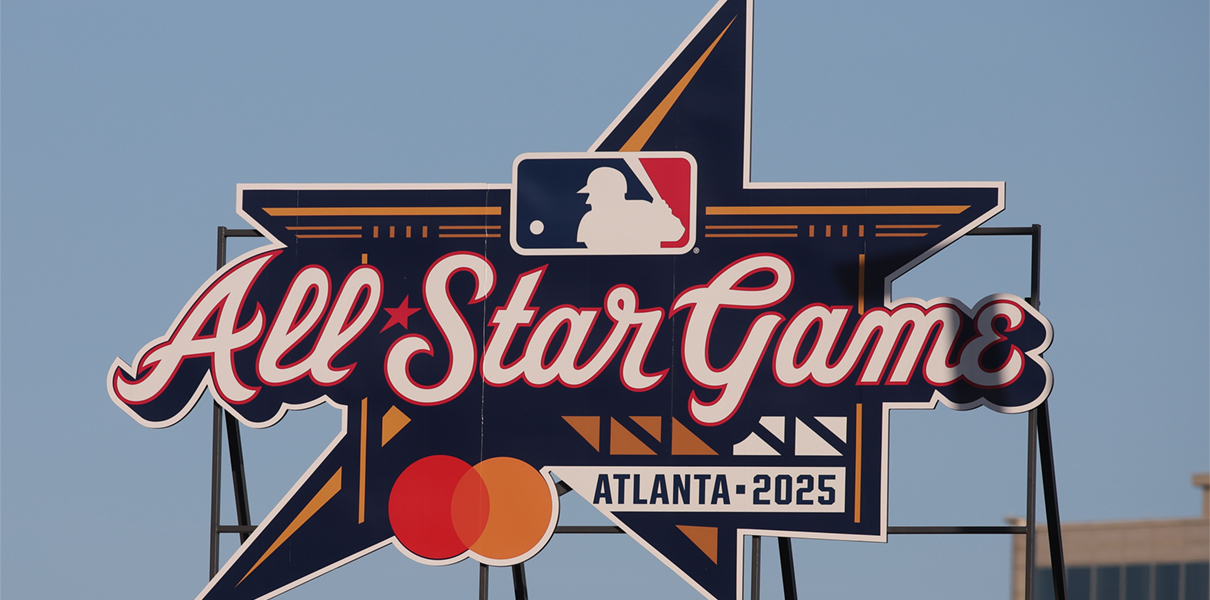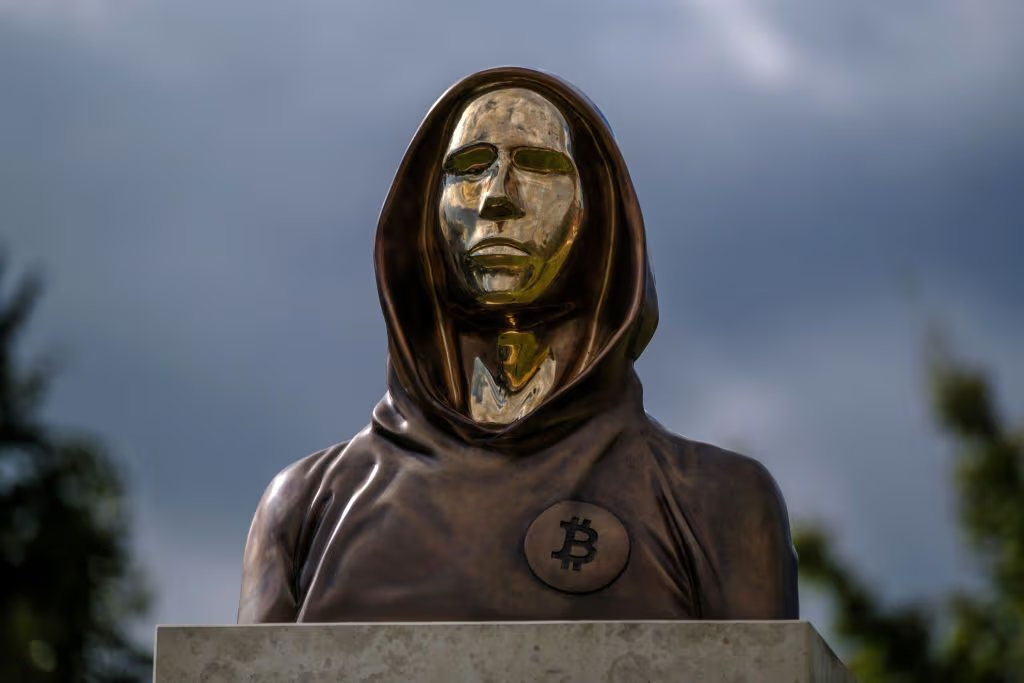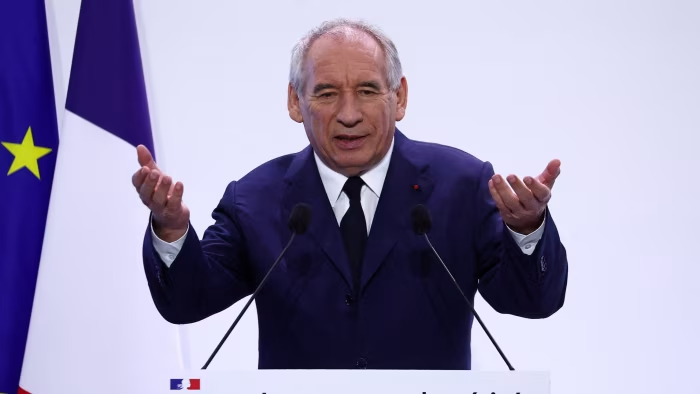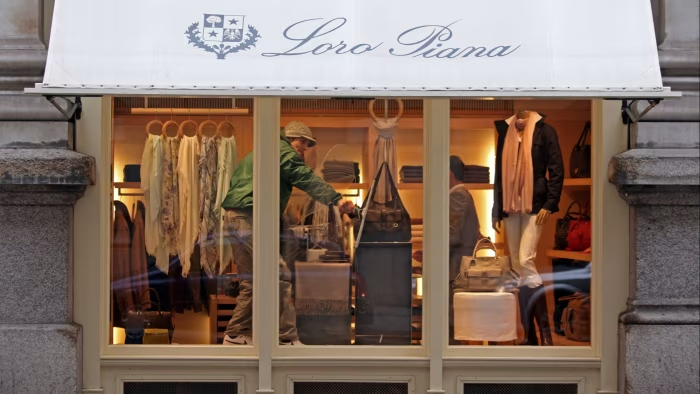The DOGEfather Part II

Who will help lead the Department of Government Efficiency now that Elon Musk has left the scene? News reports have mentioned Joe Gebbia, a Tesla board member and a co-founder of Airbnb, as a possible replacement. Gebbia is forty-three. Like Musk—his close friend—he is a billionaire, a resident of Austin, Texas, and the rumored recipient of a hair transplant. Gebbia formally announced his political conversion on X in January, posting that, after years of supporting Democrats, he finally “did [his] own research” and concluded that Donald Trump “deeply cares about our nation.” His feed has a MAHA flavor: Big Food exposés (“The truth about Ketchup”) alternate with digs at liberals suffering from “TDS,” or Trump Derangement Syndrome.
Unlike Musk, Gebbia was trained not as an engineer but as a designer. Upon joining DOGE, in February, he pledged to bring his “designer brain and startup spirit” to the task of cutting two trillion dollars from the federal budget. One of his early projects: digitizing the retirement process for federal workers. He mused to Fox News’ Bret Baier that, under DOGE’s influence, interacting with the government could soon resemble “an Apple Store-like experience.”
At the Rhode Island School of Design, where he earned degrees in industrial design and graphic design in the early two-thousands, Gebbia was known as a gregarious, prematurely balding student with a signature pair of machine-shop safety glasses. “Joe always had a finger in every pie,” Chris Saltzman, a former classmate, recalled. Gebbia worked in the dining room at the University Club and gave tours for the admissions office. “I was, like, ‘Whoa, this guy is so on point. He’s going places,’ ” Loren Klein, a freelance graphic designer in Denver, said of his Gebbia-led RISD tour. Gebbia also knew how to have fun. One night, Klein found himself with Gebbia and two female students, “eating Krispy Kreme doughnuts and running into the ocean in our underwear.”
Gebbia’s reformist streak showed up early. He was president of the RISD student council, which at one point formed a DOGE-like “committee to investigate the effectiveness of the faculty advisor program.” “This is not some high school council that has no real impact or influence,” Gebbia’s council announced, according to a report in a student paper. “I don’t remember this investigation,” Saltzman said. He added, “The council was a nonentity.”
Like Musk, Gebbia demonstrated a flair for showmanship. “He always walked around campus toting these butt pads,” Saltzman recalled. The pads—called CritBuns—were brightly colored, cheek-shaped cushions meant to ease the pain of long critique sessions on hard floors. Gebbia sold them online, for twenty dollars, and at the MOMA Design Store. (A review in Wired: “It feels like I’m getting a perpetual, gentle ass massage.”) The school commissioned eight hundred as graduation gifts for Gebbia’s class.
But Gebbia’s most lasting contribution to RISD may have been reviving the school’s defunct basketball team, the Balls. They were not the only provocatively named team on campus. RISD’s athletics also included the Nads (hockey), the Sacks (men’s soccer), and the Jugs (women’s soccer). But drumming up enthusiasm for the enterprise wasn’t easy. “It presented one of the world’s greatest marketing challenges,” Gebbia told the hosts of the “Clever” podcast in 2017. “How do you get art students to a sporting event on a Friday night?” His roommate, the future Airbnb C.E.O. Brian Chesky, helped devise a solution: a seven-foot-tall anthropomorphic penis mascot named Scrotie.
Gebbia filed the paperwork, booked gym time at a local high school (RISD had no athletic facilities), and recruited a team—thirteen men, one woman. They played a J.V. squad from Worcester, Massachusetts, in their opening game. The Balls lost, 94–49, in front of a reported hundred and fifty fans (and a cheer squad, the Jock Straps). They went on to lose every game that season. “We took some beatings,” Matt Corrado, a muralist in Maryland who played guard with Gebbia, recalled. “Not much height. Nobody could dunk. Joe was an old-school guard, like John Stockton.” Still, Gebbia remained optimistic. In a 2002 article for a RISD publication, titled “We’ve Got Balls,” he compared the team’s budding rivalry with Cooper Union to “U.N.C. vs. Duke.” (The piece included a photo of Gebbia peering into his warmup sweats.)
If Gebbia does become the driving force at DOGE, scholars might examine “The Balls Initiative,” a guide on how to run the team, which Gebbia claims he wrote for future RISD athletes. Corrado has no recollection of it. “Though that does sound like Joe,” he said.
“It was a magical and simpler time then,” Saltzman said, reflecting on his art-school years—before Trump, COVID, and the era of billionaires minted by Airbnb. “It’s strange seeing Joe in a conservative, Republican space now. He was never that way at RISD.” ♦
Adblock test (Why?)





